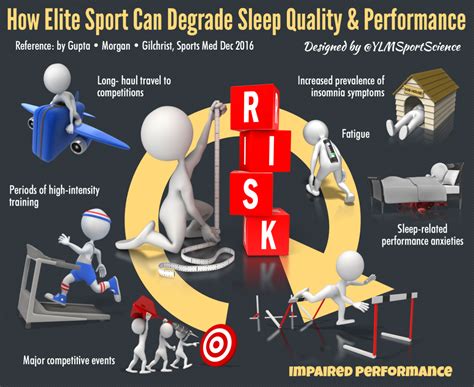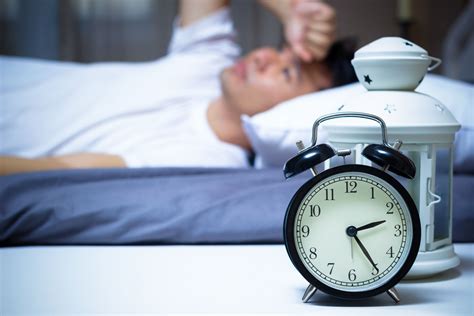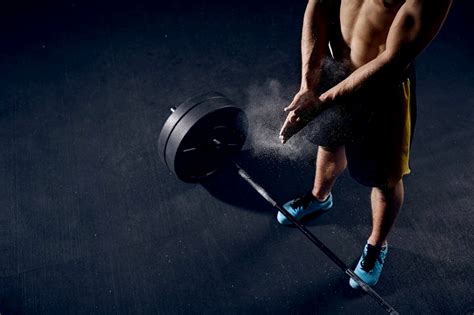Optimize sleep & recovery for elite male strength and peak performance gains?

The Critical Role of Sleep and Recovery for Elite Strength Athletes
In the relentless pursuit of strength and performance, elite male athletes often meticulously plan their training, nutrition, and supplementation. However, a frequently underestimated cornerstone of sustained progress and peak physical output lies in the often-overlooked realms of sleep and comprehensive recovery. For those pushing the boundaries of human strength, optimizing these factors isn’t just about feeling good; it’s about unlocking maximal muscle hypertrophy, central nervous system (CNS) rejuvenation, hormonal balance, and ultimately, unparalleled performance gains.

The Science of Sleep: Fueling Growth and Repair
During sleep, your body undergoes critical physiological processes vital for an athlete’s development. This is when growth hormone (GH) secretion peaks, playing a pivotal role in muscle repair and growth. Testosterone, essential for strength and lean muscle mass, is also primarily produced during deep sleep cycles. Conversely, inadequate sleep elevates cortisol levels, a catabolic hormone that can break down muscle tissue and impede recovery, essentially working against your training efforts.
Furthermore, sleep is crucial for CNS recovery. Heavy strength training places immense stress on the nervous system. Without sufficient downtime, the CNS can become fatigued, leading to reduced power output, impaired coordination, increased risk of injury, and a general feeling of lethargy or ‘overtraining.’ Optimal sleep allows the nervous system to reset, ensuring you’re primed for subsequent intense training sessions.
Mastering Sleep Hygiene for Superior Gains
Achieving quality sleep isn’t always instinctive; it often requires deliberate practice of good sleep hygiene. Elite athletes should aim for 7-9 hours of uninterrupted sleep per night, though some highly intense periods of training may necessitate even more. Consistency is key: establish a regular sleep and wake schedule, even on weekends, to regulate your circadian rhythm.
Your sleep environment plays a significant role. Ensure your bedroom is dark, quiet, and cool (ideally between 60-67°F or 15-19°C). Melatonin production, crucial for sleep induction, is inhibited by light exposure. Create a pre-sleep routine: wind down at least an hour before bed by avoiding screens (phones, tablets, TVs) which emit blue light that interferes with melatonin. Instead, opt for reading, light stretching, or meditation.

Beyond Sleep: Holistic Recovery Strategies
While sleep is foundational, comprehensive recovery extends beyond the bedroom. Integrating various active and passive recovery modalities is crucial for strength athletes.
Nutrition for Recovery
Post-training nutrition is paramount. Consuming adequate protein (20-40g) and carbohydrates (0.8-1.2g/kg body weight) within a few hours of training replenishes glycogen stores, initiates muscle protein synthesis, and reduces muscle breakdown. Hydration is also non-negotiable; dehydration can severely impair recovery processes and overall performance.
Active Recovery and Mobility
Light active recovery, such as walking, cycling, or swimming, can help increase blood flow to muscles, flush out metabolic waste, and reduce soreness without adding significant stress. Incorporate mobility work, stretching, and foam rolling regularly to improve range of motion, alleviate muscle tightness, and prevent injuries. Dynamic stretching before training and static stretching after can be beneficial.

Stress Management and Mental Well-being
The demands of elite training can be mentally taxing. Chronic stress elevates cortisol, hindering recovery and performance. Practices like mindfulness, meditation, deep breathing exercises, and spending time in nature can significantly reduce stress levels, improve mental clarity, and enhance overall recovery capacity.
Monitoring and Personalizing Your Recovery
No two athletes are identical, and recovery needs vary based on training volume, intensity, and individual physiology. Tools like heart rate variability (HRV) monitors, sleep trackers, and daily readiness questionnaires can provide valuable insights into your body’s recovery state. Pay attention to subjective markers too: energy levels, mood, motivation, and persistent soreness. Learning to listen to your body and adjust your training or recovery protocols accordingly is a hallmark of truly elite athletes.

If sleep quality or recovery consistently falls short, consider consulting with a sleep specialist, sports nutritionist, or a physiotherapist to identify underlying issues and develop personalized strategies.

Conclusion: The Undeniable Link to Peak Performance
For elite male strength athletes, sleep and recovery are not mere afterthoughts; they are as crucial as the heaviest deadlift or the most precise dietary plan. By prioritizing quality sleep, implementing robust recovery strategies, and continuously monitoring their body’s needs, athletes can optimize their physiological environment for maximal strength gains, faster adaptation, reduced injury risk, and the sustained peak performance necessary to dominate their sport. Invest in your recovery, and watch your strength and performance reach unprecedented heights.









